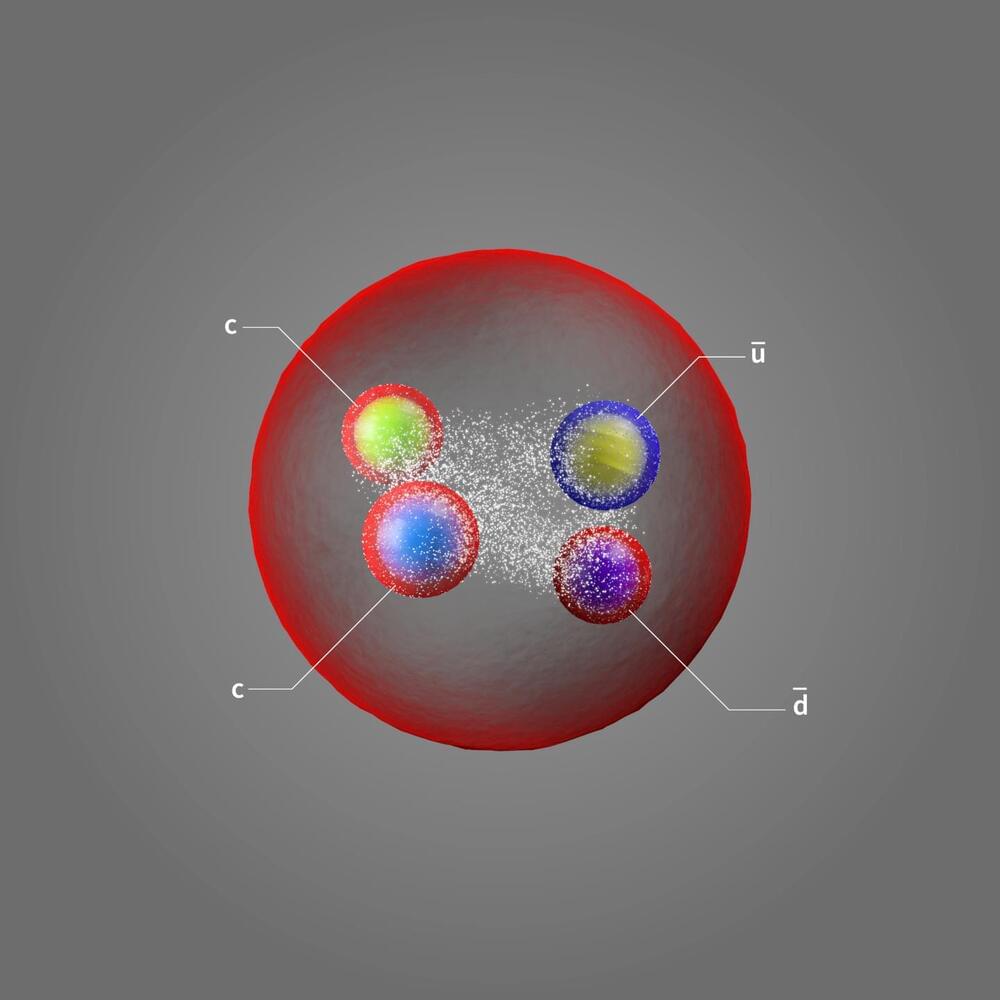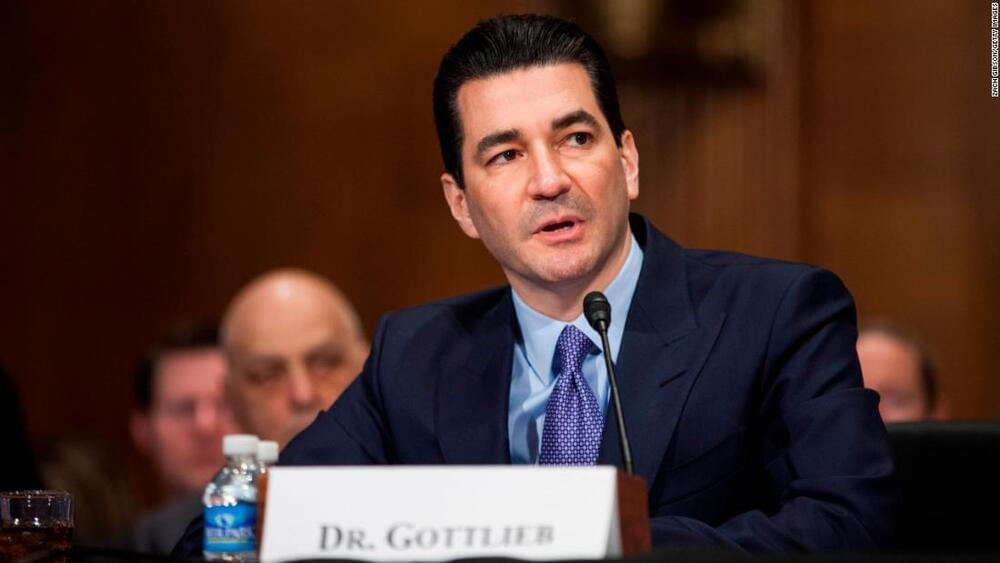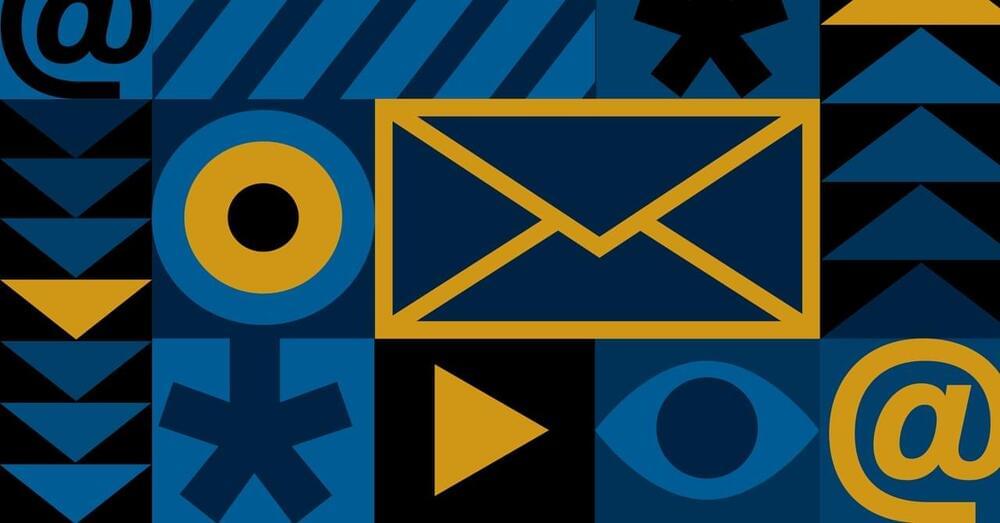Today, the LHCb experiment at CERN is presenting a new discovery at the European Physical Society Conference on High Energy Physics (EPS-HEP). The new particle discovered by LHCb, labelled as Tcc+, is a tetraquark – an exotic hadron containing two quarks and two antiquarks. It is the longest-lived exotic matter particle ever discovered, and the first to contain two heavy quarks and two light antiquarks.
A tetraquark composed of two charm quarks and an up and a down antiquark (Image: D. Dominguez/CERN)
Quarks are the fundamental building blocks from which matter is constructed. They combine to form hadrons, namely baryons, such as the proton and the neutron, which consist of three quarks, and mesons, which are formed as quark-antiquark pairs. In recent years a number of so-called exotic hadrons – particles with four or five quarks, instead of the conventional two or three — have been found. Today’s discovery is of a particularly unique exotic hadron, an exotic exotic hadron if you like.






